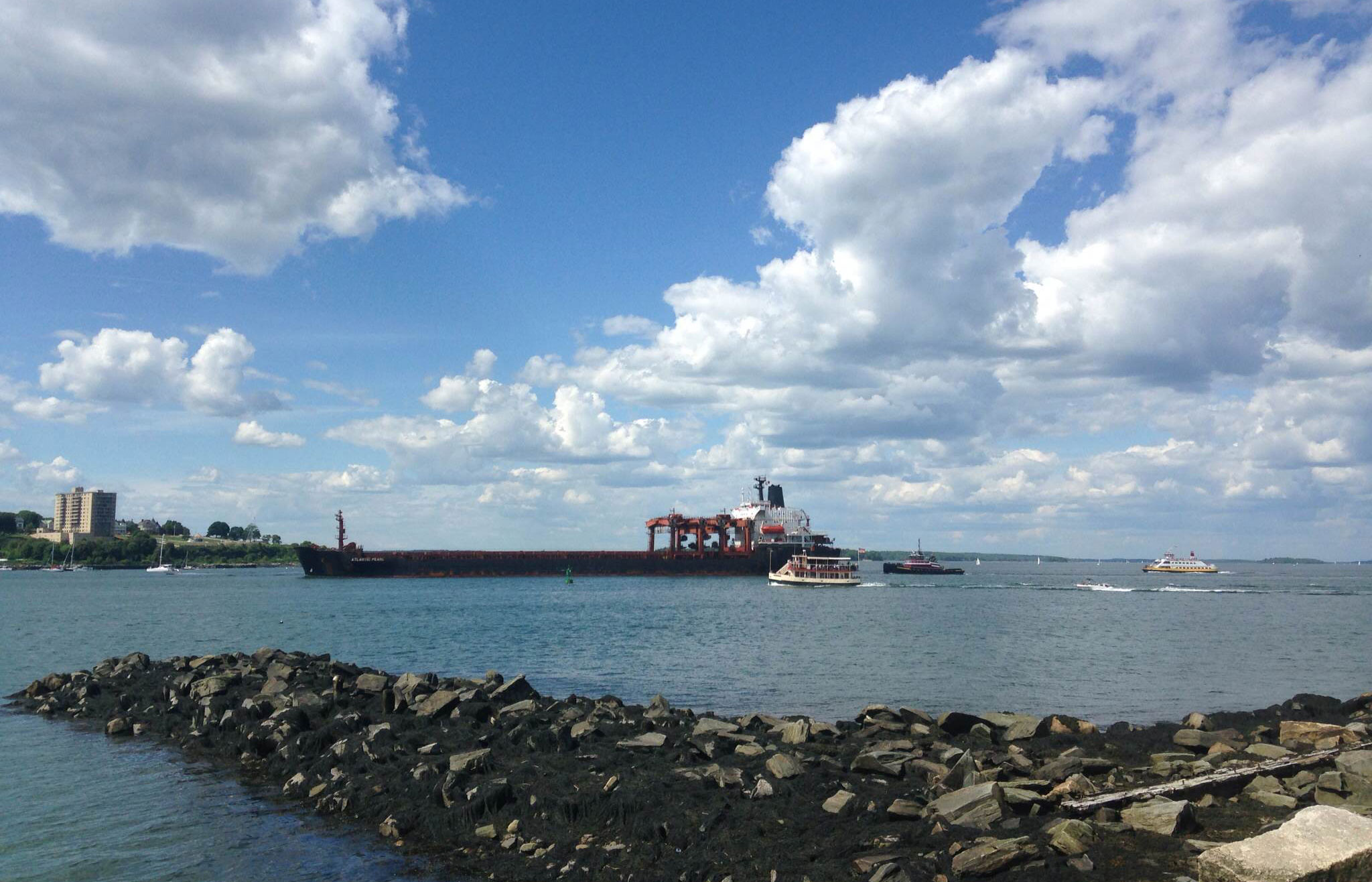On Monday, the city council of South Portland, Maine, voted 6-1 to ban tar sands from the city. The ban effectively blocks a reversal of the Portland-Montreal Pipe Line, which would bring in tar sands oil from Alberta, Canada, to be loaded onto tankers for export to the world market.
The local story was picked up by national news outlets as part of the ongoing tar sands controversy. The vote could also set a precedent for all future commerce, maritime attorney Len Langer told Reuters.
"The real question here is, can a municipality regulate interstate and foreign commerce?" he said. "If the answer is yes, then ... we'll see a lot more municipalities more aggressively regulating commerce within their borders."
I don’t think it’s fair to say that South Portland is “aggressively regulating commerce.” Voters rejected an earlier attempt to block tar sands oil in November 2013. Many in the community were against that so-called Waterfront Protection Ordinance because its restrictions could have a negative effect on its working waterfront.
Since the November vote, the city has been working on an ordinance that would block tar sands with minimum effect on the working waterfront. The approved Clear Skies Ordinance does this, blocking the loading of crude oil, including tar sands, at the port.
Though the ordinance doesn’t effect current port operations, both the American Petroleum Institute and the Portland Pipeline Corp., which is owned by Canadian oil refiners Suncor Energy Inc., Imperial Oil Ltd., and Royal Dutch Shell PLC, plan to challenge it. Matt Manahan, an attorney for the pipeline, told the council before the vote that it was a mistake to move forward on what he called an illegal ordinance.
Likewise, members of the industry group Working Waterfront Coalition released a statement after Monday’s vote that they would use “all political and legal means available to them to overturn this ordinance.”
South Portland residents won’t be backing down without a fight. More than 300 residents showed up for the council’s vote in favor of the ordinance.
At the same time I don’t believe most of these people are against development. As the start of the Portland-Montreal Pipeline, South Portland is the second largest oil terminal on the East Coast. People here understand the importance of a working waterfront. But they’re also concerned about the effects of tar sands oil on their air and water quality.
Instead of fighting South Portland residents, the industry’s money may be better spent convincing them that tar sands are not a threat to their quality of life. If that’s not possible, then how can anyone be expected to welcome tar sands into their community?




